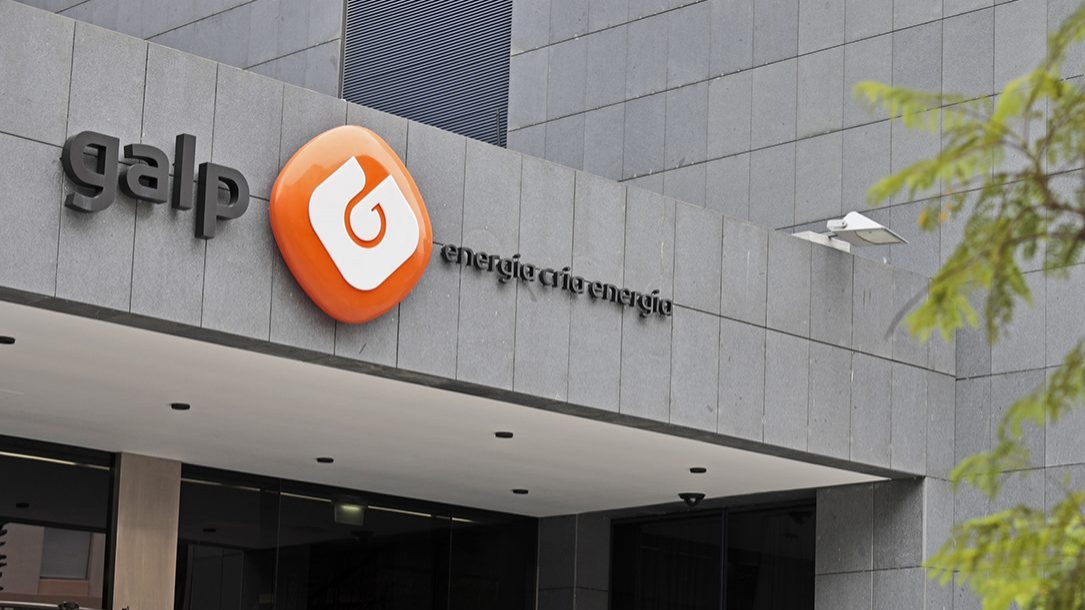Government warns nationals against travelling to Nigerian capital
"Due to the diffusion of news informing of the possibility of a terrorist attack in Abuja, we recommend avoiding all non-essential travel to this capital," says the alert published by the government.
Portugal’s Ministry of Foreign Affairs has warned citizens against the risks of travelling to the capital of Nigeria, due to the reported possibility of a terrorist attack there.
“Due to the diffusion of news informing of the possibility of a terrorist attack in Abuja, we recommend avoiding all non-essential travel to this capital,” reads the alert published on the ministry’s Community Portal for Portuguese nationals overseas.
It adds that if it is not possible to avoid travelling to Abuja, preventive measures should be adopted, such as avoiding “places with a large gathering of people, such as temples, shopping centres, sporting events, markets and also hotels, the headquarters of international organisations and government buildings.”
In addition to Portugal, countries including Spain, the US and the UK have updated their own travel recommendations for Nigeria, also advising their nationals not to travel to its capital, due to the increased risk of attacks.
Spain’s Ministry of Foreign Affairs makes it clear on its website that “Nigeria is a country of very high risk from a security point of view” and that it is therefore advising against travelling to the country. In its view, “no area of Nigeria is free from security risks” and there is a risk of “attacks, kidnappings and high levels of insecurity for citizens” in many parts of the country, “including areas previously considered safe, such as the capital, Abuja.”
At the weekend, the US and UK also warned their nationals of possible attacks.
“There is an elevated risk of terrorist attacks in Nigeria, specifically in Abuja,” the US embassy there warns, announcing that its services in the city would be reduced “until further notice”.
The US State Department on Tuesday authorised the departure from the country of “non-essential officials and family members” of people working for the US government, citing the increased risk of attack.
The UK Foreign Office also warned of a growing risk of attacks in Abuja, stressing that these “could be indiscriminate and affect Western interests as well as places visited by tourists.”
North-eastern Nigeria has been the scene of violence carried out by Islamic extremist movements such as Boko Haram and the Islamic State in West Africa (ISWA) group for more than a decade. These groups operate mainly in the states of Borno, Yobe and Adamawa, but in recent months there have been attacks in other states further south and west.
In addition to these threats, Nigeria – as well as, increasingly, neighbouring countries – has for several years been the scene of the proliferation of organised criminal groups specialising in what has been termed the ‘kidnapping industry’ for subsequent ransom.


